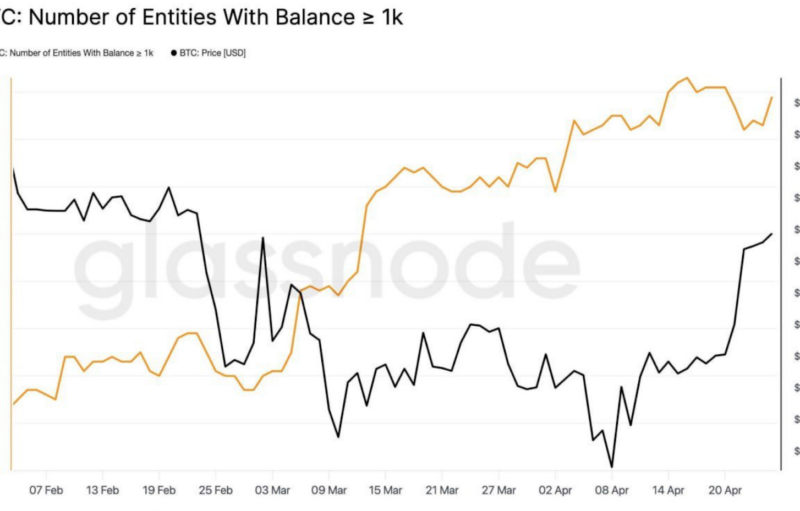A Chinese student studying in Australia is allegedly being
held at ransom with the kidnappers demanding Bitcoin worth over a million Australian
dollars before they can release him.
According to the Southern Metropolis Daily, the father of the 20-year old student was contacted by the kidnappers on August 24th. The kidnappers demanded 80 Bitcoin within 24 hours. At the current BTC price, this is approximately $AU1.2 million ($US 810,000).
Pay up the Bitcoin or
else…
Besides the Bitcoin demand the kidnappers also threatened to
harm the student if the funds were not sent:
“We have your son, if you don’t want him to have an accident, if you want him to return soon, then meet our demands.”
A Bitcoin wallet address was, however, not provided by the kidnappers
as they indicated they would only reveal it once the father was ready to pay
the ransom.
Real or staged Kidnap?
A day before the alleged message from the kidnappers,
Jingwang had contacted his father via SMS asking for his email address as he
wanted to send him documents from the University of Technology Sydney where he
is a freshman. Attempts by his father to inquire about how he was faring were
not responded to though.
Alongside the threatening message, the kidnappers also sent a video of Jingwang blindfolded with parts of his face looking bloody.

The father was, however, unable to raise the Bitcoin
demanded and is currently seeking a visa to travel to Australia.
Suspicion is now high that it could be a fake kidnapping. Cases of fake kidnappings involving the Chinese in Australia have been on the rise with even the Australian Federal Police warning about it last year in May.
How is the fake ‘virtual kidnapping’ for Bitcoin carried out?
Allegedly the fake kidnapping scams mostly target international exchange students in the country who are forced to participate in the fraud through coercion. The victims are informed by the scammers, who pose as Chinese government officials, that they have been implicated in serious crimes back home in China and will face the consequences unless they cooperate.
The scammers force the victims to, among other things fake
evidence that they have been kidnapped. This may include filming videos showing
them bloodied and tied up. Victims are also required to stay in hiding and go
offline completely.
The ‘evidence’ is then sent to the victim’s family and demands of large amounts of money, in Bitcoin and other forms, made. The fake virtual kidnapping scam has also been reported in Canada.
The post appeared first on CCN







